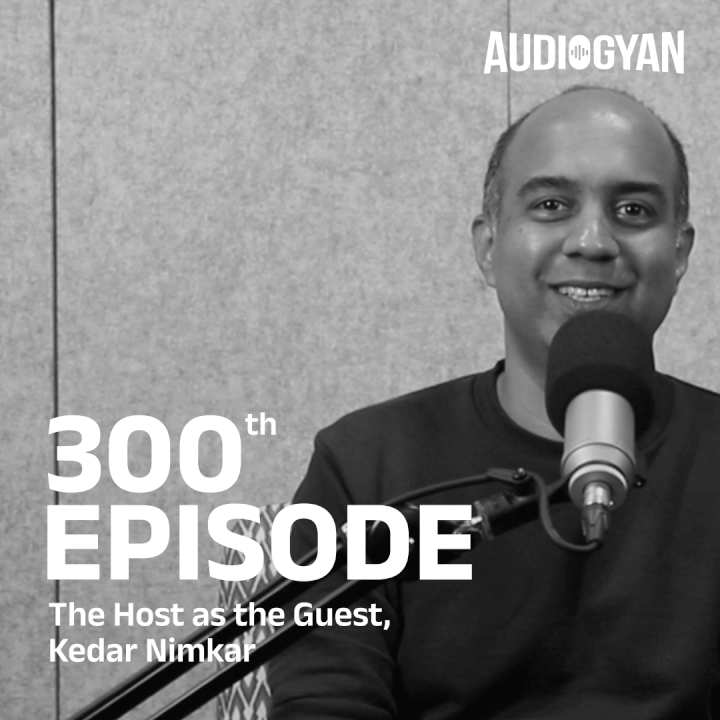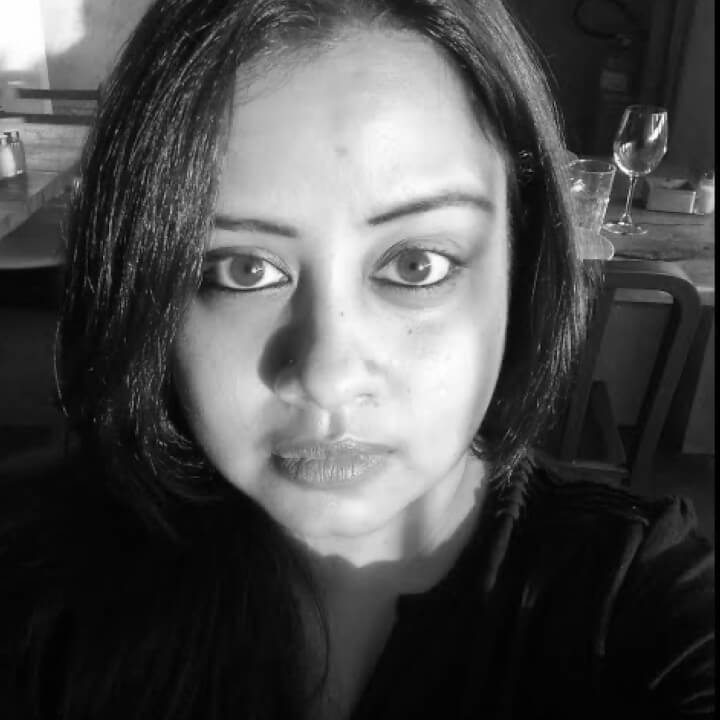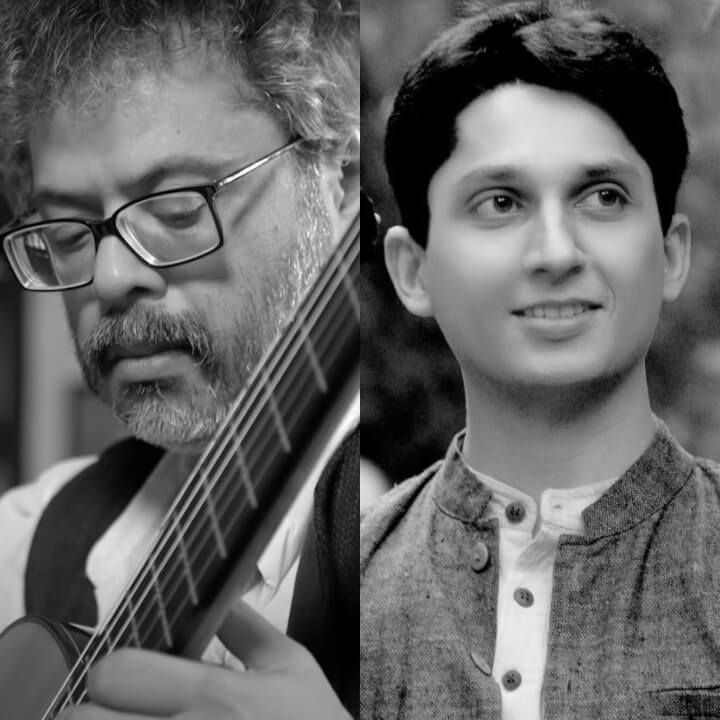EP 259 . 28 Dec 22
Rhythm (6th Anniversary episode)
With Taufiq Qureshi
In the episode
- What does the word rhythm mean to you after 50 years? What makes the “sum” so divine?
- I heard in Ashok Ranade’s talk on ethnomusicology that, “Aristotle specifically mentioned that don’t change the rhythm of the state. It creates anarchy”. What makes rhythm so fundamental?
- In my interview with Sudhir Mainkar, he mentioned that music emerged from nature. Is it worth asking did shruti came first or taal?
- For a percussionist, rhythm is everywhere. Are there areas where there is no rhythm or rhythm need not be seeked? I had heard in one of P.L. Deshpande’s speeches that a real musician should be able to hear shadja even in the ceiling fan. 🙂
- You have spent a lot of time experimenting with a rhythm that dwells in the zone of abstract music. How do you make it relatable? Does the listener have to be aware or informed for it to comprehend? You are often quoted as knowing the pulse of the audience and performing accordingly.
- It is said that instruments travel. Can you talk a little bit about instruments like djembe, duff, and bongos, in the context of instruments travel culturally?
About Taufiq Qureshi
Today Audiogyan turns 6. Yes, It’s been amazing 6 years of documenting designers, poets, musicians, writers, thinkers, filmmakers, and more… We have reached the 259th episode. Well and to celebrate this special anniversary episode, we have Taufiq Qureshi with us, who can unarguably be called the King of rhythms. One of the most sought-after percussionists and the greatest thinkers in the world of music and world music. Apart from introducing us to Djembe and many other instruments, Taufiq sir has brought percussion instruments to center stage. Son of Ustad Alla Rakha and younger brother of Ustad Zakir Hussain, for Taufiq sir, music runs in the family. His music speaks for itself. His repertoire clearly shows his hard work, discipline, and passion for it. What we will try and document today is his philosophy about music and his thoughts on “rhythm”.




